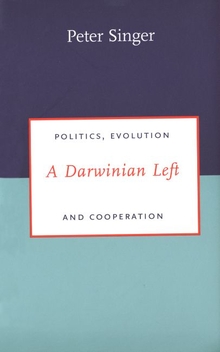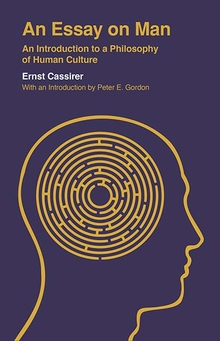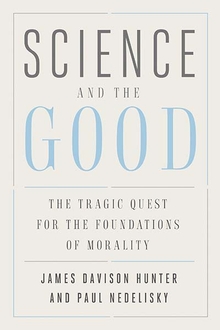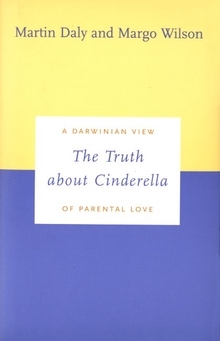A Darwinian Left
WARNING
You are viewing an older version of the Yalebooks website. Please visit out new website with more updated information and a better user experience: https://www.yalebooks.com
Politics, Evolution and Cooperation
Peter Singer
Singer explains why the left originally rejected Darwinian thought and why these reasons are no longer viable. He discusses how twentieth-century thinking has transformed our understanding of Darwinian evolution, showing that it is compatible with cooperation as well as competition, and that the left can draw on this modern understanding to foster cooperation for socially desirable ends. A Darwinian left, says Singer, would still be on the side of the weak, poor, and oppressed, but it would have a better understanding of what social and economic changes would really work to benefit them. It would also work toward a higher moral status for nonhuman animals and a less anthropocentric view of our dominance over nature.
“Bulletins from the barricades of an intellectual revolution—these radicals know how to write.”—Matt Ridley, author of The Origins of Virtue
“Buy these books by the dozen, and send them to all of your relations instead of Christmas cards.”—Richard Dawkins, author of The Selfish Gene
“These fascinating and provocative pieces explore new implications of ‘the most important idea that anyone ever had.’ Whether you agree or disagree, you will not fail to be stimulated.”—Steven Pinker, author of How the Mind Works
“Singer challenges the conventional wisdom that a recognition of human nature is incompatible with progressive ideals. This book is deep, original, and beautifully researched and argued.”—Steven Pinker, author of How the Mind Works
"[Yale’s] Darwinism Today series . . . is sure to generate heat as well as light."—Booklist
“The books are written by leading evolutionary theorists, but in a way that the average undergraduate student, with an inquisitive mind but relatively little knowledge about the evolutionary perspective, can encounter and understand some of the most spectacular debates of the modern day. . . . I believe that the Darwinism Today series has great potential to engage new minds and to bridge the gap between standard social scientific method and evolutionary thought.”—Theresa Benoit, Human Ethology Bulletin
“Singer clearly shows how we can use what evolutionary theory tells us about humans to create the type of society in which we would like to live. . . . Political science, philosophy, and peace studies are all disciplines in which undergraduates would profit immensely from reading this book.”—Theresa Benoit, Human Ethology Bulletin
"A series of entertaining booklets based on the Darwin Seminars at the London School of Economics. Vehicles for popularizing evolutionary theory, these slim, cross-disciplinary books have been called ’bulletins from the barricades of an intellectual revolution.’ . . . They provide a quick look at how some people are applying evolutionary ideas today."—R. Brian Ferguson, Natural History
“Geared toward general readers who want to broaden their understanding of how evolution may affect their everyday life.”—Susan Styer, Science Books & Films
“Any intrusion of ideology into science is an invitation to wishful thinking. In his powerfully argued A Darwinian Left, Peter Singer takes the opposite tack: How can science make ideology realistic rather than a pipe dream?”—Leigh Van Valen, Scientific American
Publication Date: March 11, 2000











